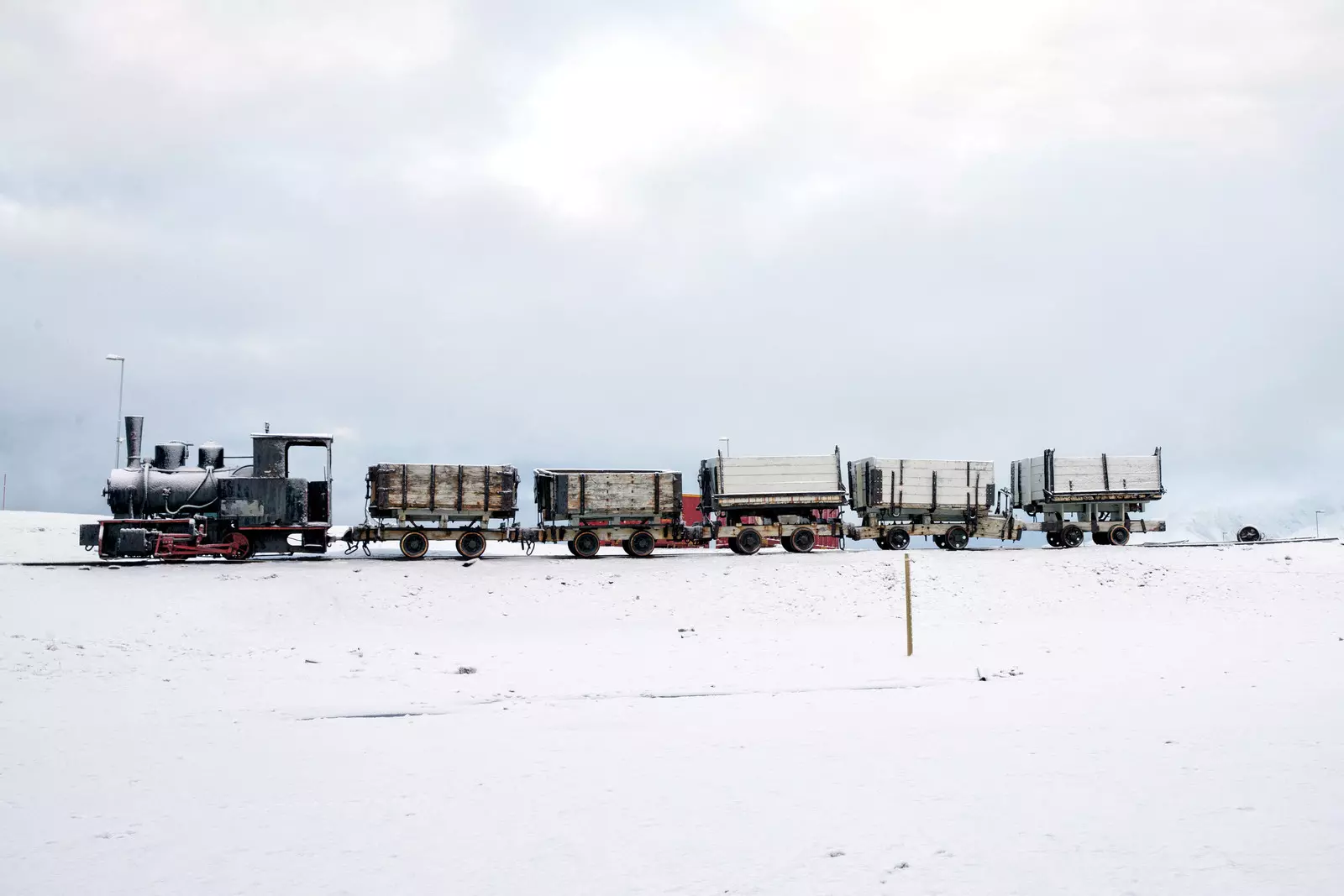
Oslo – Norway’s state-owned coal company has announced it will extend production at its last mine in the Arctic Svalbard archipelago until mid-2025 in order to ensure continued supplies to European steel makers during a time of war. Meanwhile:
- England has had its joint hottest summer on record, the Met Office national forecaster, citing provisional data in a series that goes back to 1884.
- Fires in Brazil’s Amazon rainforest surged in August to the highest for the month since 2010, government data showed on 31 August.
- The UK’s climate envoy, Alok Sharma, has warned that some of the world’s major economies are backsliding on emissions commitments.
- Californian lawmakers have approved a series of climate-related measures, including allocating more than $50 billion to clean-energy investments, codifying a mandate to achieve economy-wide carbon neutrality by 2045, and setting a target of generating 90 percent of its electricity from clean sources by 2035.
- Demand for solar panels has risen in the United Kingdom, with one supplier saying it had seen a tenfold increase in enquires. It’s thought to be in response to rising energy costs.
- Cyclists have demonstrated recently in Germany, calling for improved public transport and cycle lanes. Around 8500 cyclist took over a stretch of the country’s Autobahn.
- The world’s largest offshore wind farm is now fully operational off the coast of the United Kingdom.
- A new study has warned that Switzerland’s melting glaciers could threaten Europe’s water supply.
- Israel will ban Boeing 747 and similar aircraft with four engines as of March 31, 2023 to reduce noise and air pollution, its airports authority said on 4 September.
In other news, a new report has warned that insured losses from floods doubled to $80 billion globally during 2011-2020 compared to the previous decade, but insurance penetration lingered at just 18 percent.
The report, produced by the Swiss Re Institute, found that insurance coverage has remained dangerously low, despite climate change driving an increased likelihood of high-intensity heavy rains and short-duration flood events. As a result, there are higher associated flood-related losses.
This year heavy rains have triggered floods that inundated cities in China and South Korea and disrupted water and electricity supply in India, while drought has put farmers’ harvests at risk across Europe.

